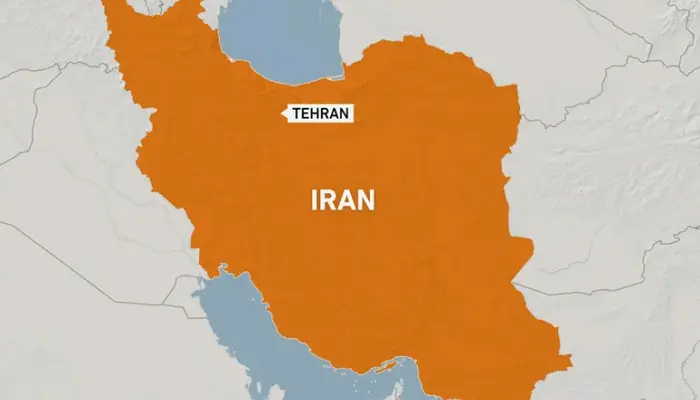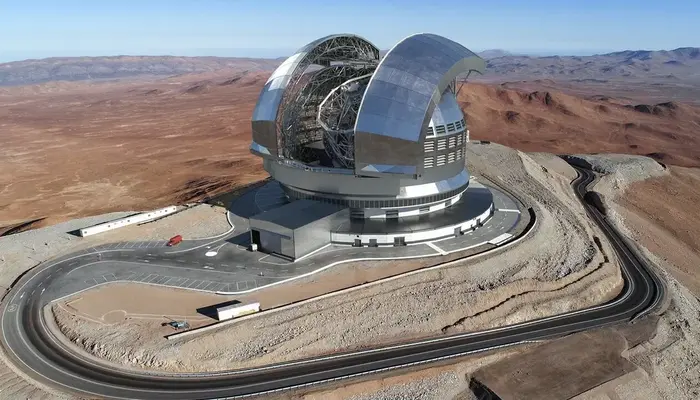China’s Youngest Astronaut Crew Reaches Space

China celebrated a major achievement in space exploration as its Shenzhou 19 mission successfully launched, sending its youngest astronauts to the Tiangong space station. This historic launch includes China’s first female space engineer, marking a significant milestone for China’s space program and its ambitions to lead in global space exploration.
Shenzhou 19 Mission: A New Chapter in China’s Space Journey
The Shenzhou 19 spacecraft took off from Jiuquan Satellite Launch Center in Gansu, completing a six-hour journey to dock at Tiangong, where the crew will conduct scientific experiments and spacewalks. The mission is part of China’s larger plan to prepare for a manned Moon landing by 2030. Hundreds of onlookers cheered as the spacecraft ascended, highlighting the sense of national pride and enthusiasm surrounding China’s space program.
Read: Instagram Users Face Direct Messaging Outage
A Record Year for China’s Space Ambitions
With Shenzhou 19, China aims to conduct 100 space missions this year. This record pace in space exploration underscores its competitive spirit as it aims to match, if not exceed, the achievements of the United States. China has already made headlines by landing on Mars in 2021, retrieving lunar samples, and expanding its fleet of satellites. A new constellation of satellites is also being developed to rival SpaceX’s Starlink, as China invests in a self-sustaining satellite network.
National Pride in Dongfeng Space City
In Dongfeng Space City, built to support the Jiuquan launch site, excitement for China’s space program is evident. Streets are lined with national flags, and space-themed decorations are visible across parks and public areas. Locals gathered before dawn to send off the astronauts with music, flag-waving, and songs. This mission symbolizes more than scientific progress; it embodies China’s cultural and national pride.
Youthful Astronauts in Space Exploration
The Shenzhou 19 crew, led by veteran pilot Cai Xuzhe, includes a new generation of astronauts born in the 1990s. This group is a testament to China’s focus on training young taikonauts to lead future space endeavors. Song Lingdong, one of the crew members, shared how watching China’s early space missions inspired him to become an astronaut. His story reflects the dedication that the country’s space program instills in its recruits.
Challenges and Future Plans
China’s ambition is not without challenges. Lin Xiqiang, a spokesperson for the China Manned Space Agency, acknowledged the complexity of future missions, including a planned Moon landing. With ambitious goals of sending a crew to the Moon and conducting more than 30 missions in the coming decades, China faces technological and logistical hurdles. However, the program’s leaders emphasize China’s determination to overcome these obstacles and push forward in the spirit of self-reliance and innovation.
The Global Space Race Intensifies
As China accelerates its space program, global competition is intensifying. U.S. officials, including NASA and Space Command, have expressed concerns about China’s fast-paced advancements and its potential military applications in space. However, Chinese officials maintain that the country’s space program is intended for peaceful purposes and aims to contribute to humanity’s collective knowledge.
Medical Research and Practical Applications
At Tiangong, the Shenzhou 19 crew will engage in groundbreaking research that has applications on Earth. Studies on bone loss and muscle atrophy in microgravity conditions, for example, may lead to treatments for osteoporosis. These experiments underscore the potential benefits of space exploration for addressing global health challenges.
China’s Long-Term Vision in Space
President Xi Jinping has emphasized China’s commitment to becoming a leader in space exploration. Despite the nation’s economic challenges, the government is prioritizing space investments as a way to inspire national pride and secure technological leadership. With a long-term plan that includes lunar and planetary exploration, China aims to solidify its position as a top space-faring nation.
As China’s space journey progresses, it’s clear that the country is not just aiming for technological milestones. It is also building a legacy of national pride and scientific achievement.
Follow us on Google News, Instagram, YouTube, Facebook,Whats App, and TikTok for latest updates











